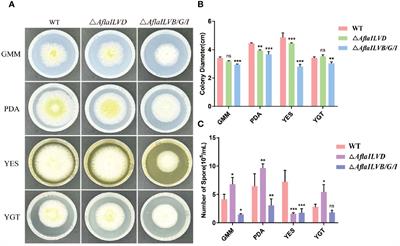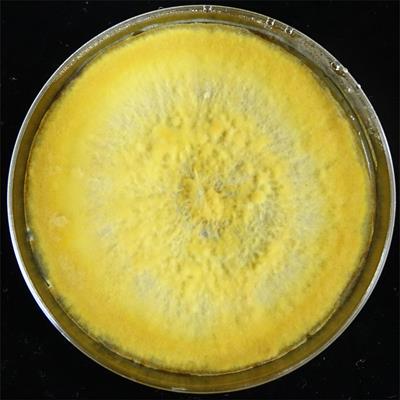EDITORIAL
Published on 07 Mar 2025
Editorial: Unveiling the hidden arsenal: exploring secondary metabolites and fungal development in pathogenic fungi
doi 10.3389/fcimb.2025.1572135
- 204 views
1,511
Total downloads
6,822
Total views and downloads
EDITORIAL
Published on 07 Mar 2025
ORIGINAL RESEARCH
Published on 03 Jan 2025
ORIGINAL RESEARCH
Published on 07 Aug 2024
ORIGINAL RESEARCH
Published on 26 Mar 2024

ORIGINAL RESEARCH
Published on 09 Jan 2024

